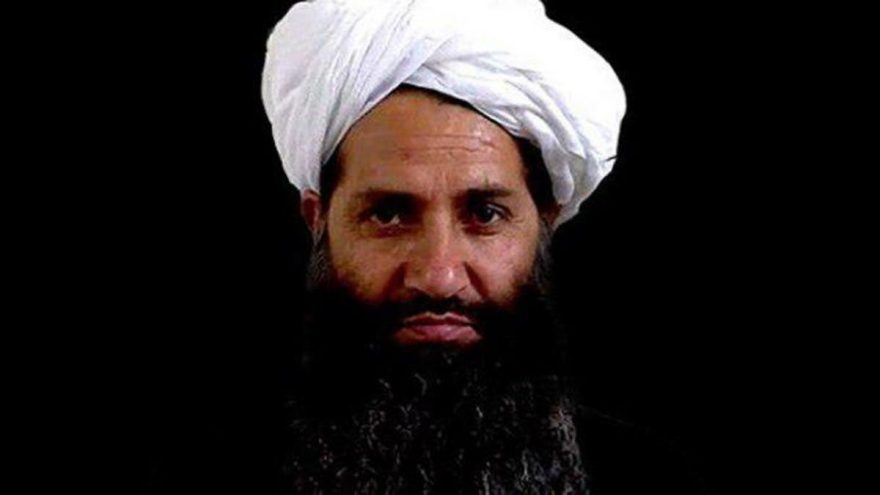The Taliban and other Afghan leaders have reached a “consensus’ on the formation of a new government and cabinet under the leadership of the group's top spiritual leader, Bilal Karimi, a member of the group's cultural commission said on September 1, according to NDTV.
Taliban supreme commander Hibatullah Akhundzada will be the top leader of any governing council, the official said.
Mullah Abdul Ghani Baradar, one of Akhundzada's three deputies and the main public face of the Taliban, is likely to be in charge of the daily functioning of the government, Karimi added.
"The consultations on forming an inclusive Afghan government within the Islamic Emirate's leaders, with the leaders from previous government and other influential leaders have officially ended," said Karimi. "They have reached a consensus. We're about to announce a functioning cabinet and government in a few days, not weeks."
The Taliban had been waiting for the full withdrawal of US troops before making any announcements about their government, said a senior official who asked not to be identified because of the private nature of the talks.
Both Akhundzada and Baradar will soon make a public appearance in Kabul, he added.
Akhundzada is currently in the southern city of Kandahar, the group's stronghold, where he led a three-day conference of top Taliban and other Afghan leaders, Zabihullah Mujahed, the group's main spokesman said Tuesday.
Hibatullah Akhundzada (born 1961) is an Afghan religious leader who is the third supreme leader of the Taliban and the Islamic Emirate of Afghanistan. The Taliban call him the Amir al-Mu'minin (Commander of the Faithful), which was the title of his two predecessors. He is also known by the honorifics Mawlawi and Mullah.
Akhundzada is well-known for his fatwas on Taliban's matters. He served as the head of the Sharia courts of the Islamic Emirate of Afghanistan. Unlike many Taliban leaders, he has no military experience. He was elected as the leader of the Taliban in May 2016, following the death of the previous leader, Akhtar Mansour, in a drone strike.




